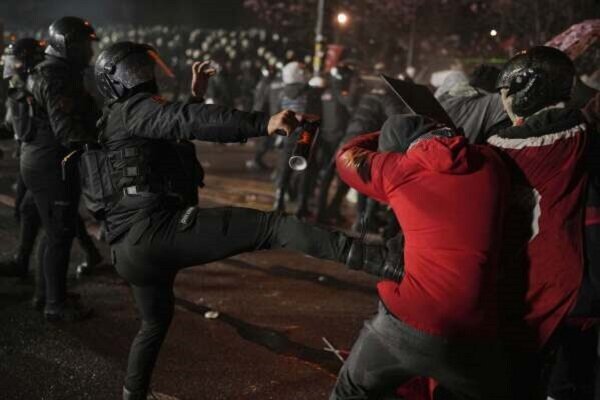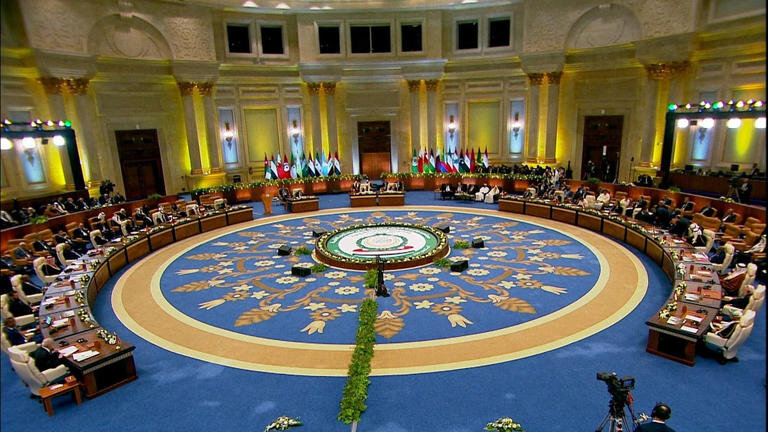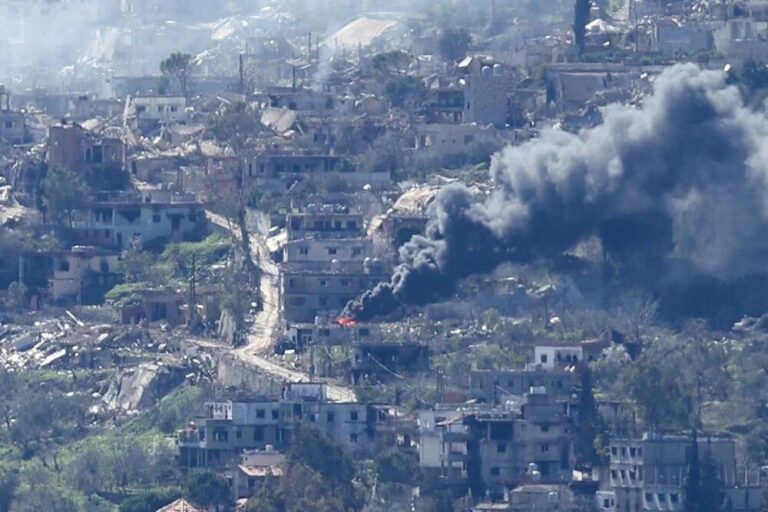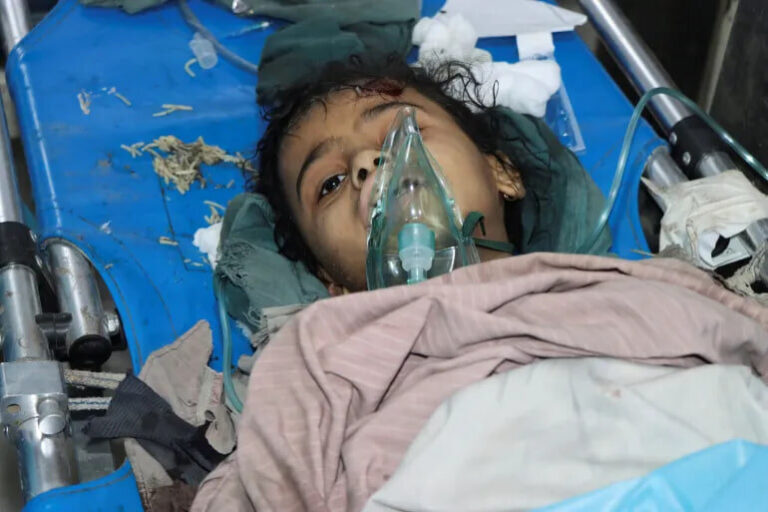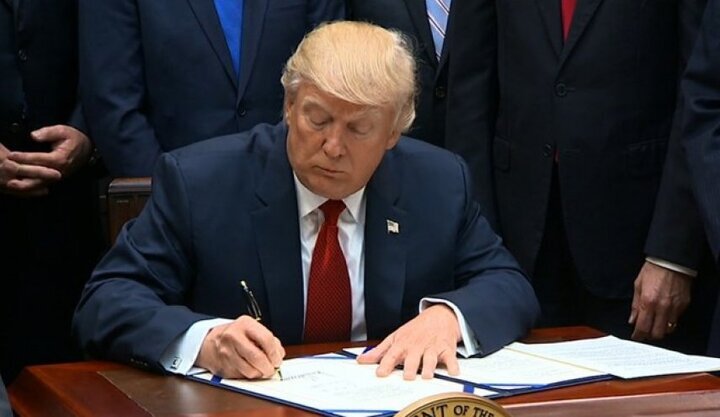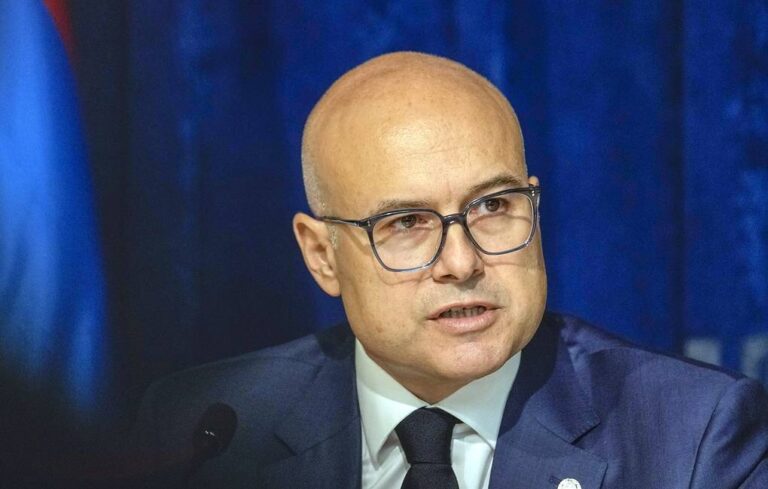Turkey Cracks Down: 1,100 Protesters and Journalists Detained Amid Rising Tensions
The recent political unrest in Turkey has captured global attention, primarily due to the arrest of Ekrem Imamoglu, a prominent political figure and former mayor of Istanbul. This incident has triggered widespread demonstrations across the nation, highlighting the growing dissent against the government. The situation continues to evolve, as protests erupt in various provinces and the international community responds with condemnation.
The demonstrations began in Istanbul following Imamoglu’s arrest last week and have rapidly expanded to more than 55 of Turkey’s 81 provinces, leading to violent clashes with riot police. This unrest has drawn significant international criticism, as reported by AFP.
Ekrem Imamoglu, a popular 53-year-old politician, is regarded as a potential challenger to Turkey’s long-standing leader, Recep Tayyip Erdogan, in upcoming elections. His sudden shift from the mayor of Istanbul to a detained political figure is a striking development in Turkish politics, especially considering that the mayoral position was a crucial stepping stone for Erdogan’s political ascent decades ago.
In a rapid turn of events, Imamoglu went from overseeing Istanbul’s municipality to being arrested, interrogated, jailed, and ultimately stripped of his position amid allegations related to a graft and terror investigation. This drastic action has sparked outrage among his supporters and the general populace.
On Sunday, in a significant political move, Imamoglu was overwhelmingly nominated as the main opposition candidate for the Republican People’s Party (CHP) for the 2028 presidential elections. This nomination was facilitated through a ballot that extended beyond the party’s 1.7 million members, garnering an impressive 15 million votes.
As the protests continue to gain momentum, law enforcement has taken a firm stance against journalists covering these events. Early on Monday, police detained 10 Turkish journalists, including an AFP photographer, citing their involvement in reporting on the protests. This action has raised alarms about press freedom in Turkey, as highlighted by the Media and Law Studies Association (MLSA).
Many of the detained journalists were actively covering the mass demonstrations that took place outside City Hall, where tens of thousands gathered in support of Imamoglu late Sunday. The situation has prompted a strong response from Imamoglu’s wife, Dilek Kaya Imamoglu. She expressed her concerns on social media, stating, “What is being done to members of the press and journalists is a matter of freedom. None of us can remain silent about this.”
Key points to note about the ongoing protests and political situation in Turkey include:
- Nationwide Protests: Demonstrations have spread to over 55 provinces, showcasing widespread dissatisfaction with the government.
- Imamoglu’s Arrest: The former mayor of Istanbul was arrested amid allegations of graft and terror, leading to his swift removal from office.
- Support for Imamoglu: His nomination as the CHP’s candidate for the presidential run in 2028 demonstrates his continued popularity and political significance.
- Press Freedom Concerns: The detention of journalists covering the protests raises serious questions about media freedom in Turkey.
The ongoing unrest and political tension in Turkey highlight the challenges facing the nation as it navigates a complex political landscape. As more citizens take to the streets to express their discontent, the implications for the country’s future remain uncertain. The international community watches closely, as the situation develops further.
With the political climate in Turkey becoming increasingly volatile, the role of key figures like Ekrem Imamoglu is more critical than ever. His ability to galvanize support and challenge the current government will be pivotal in shaping the future of Turkish politics.
As the story unfolds, the global audience remains attentive to the events in Turkey, eager to understand the implications for democracy, freedom of the press, and the rights of citizens in the face of governmental authority.
